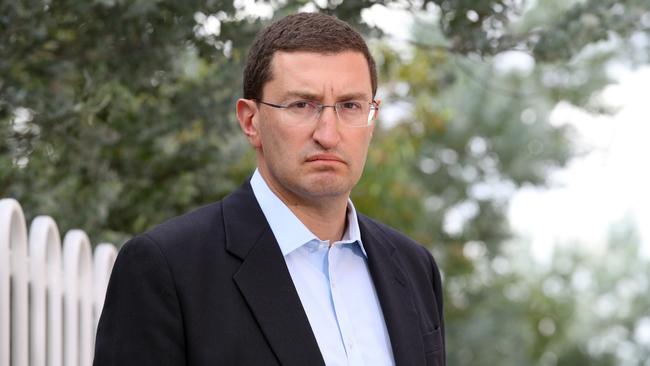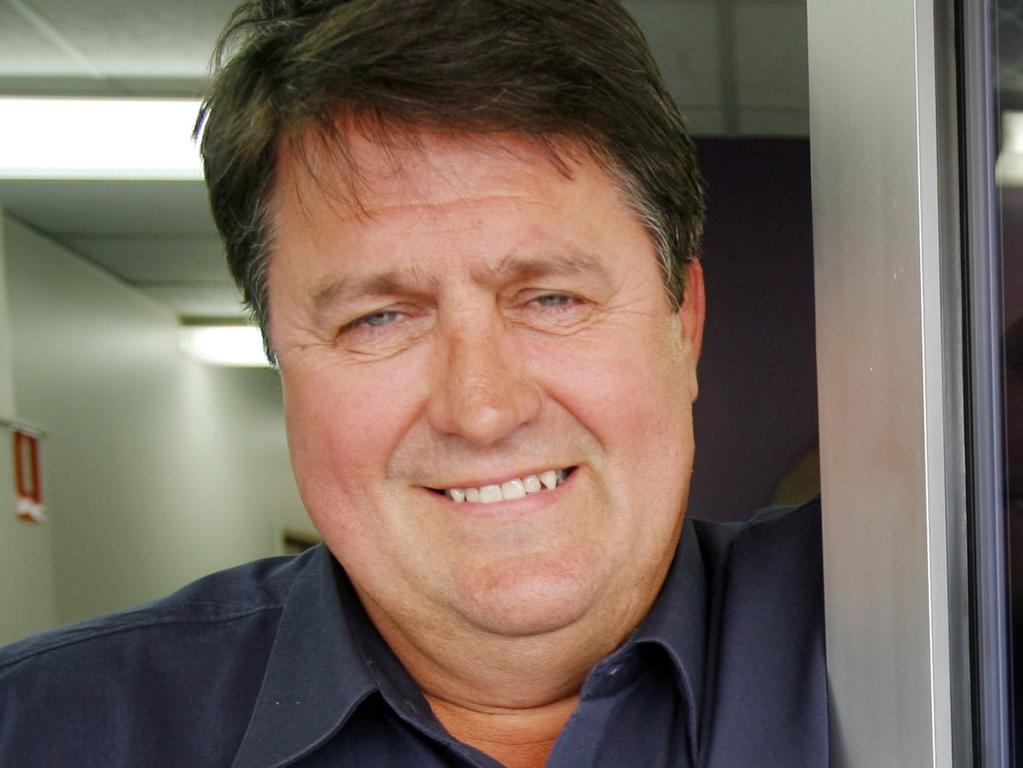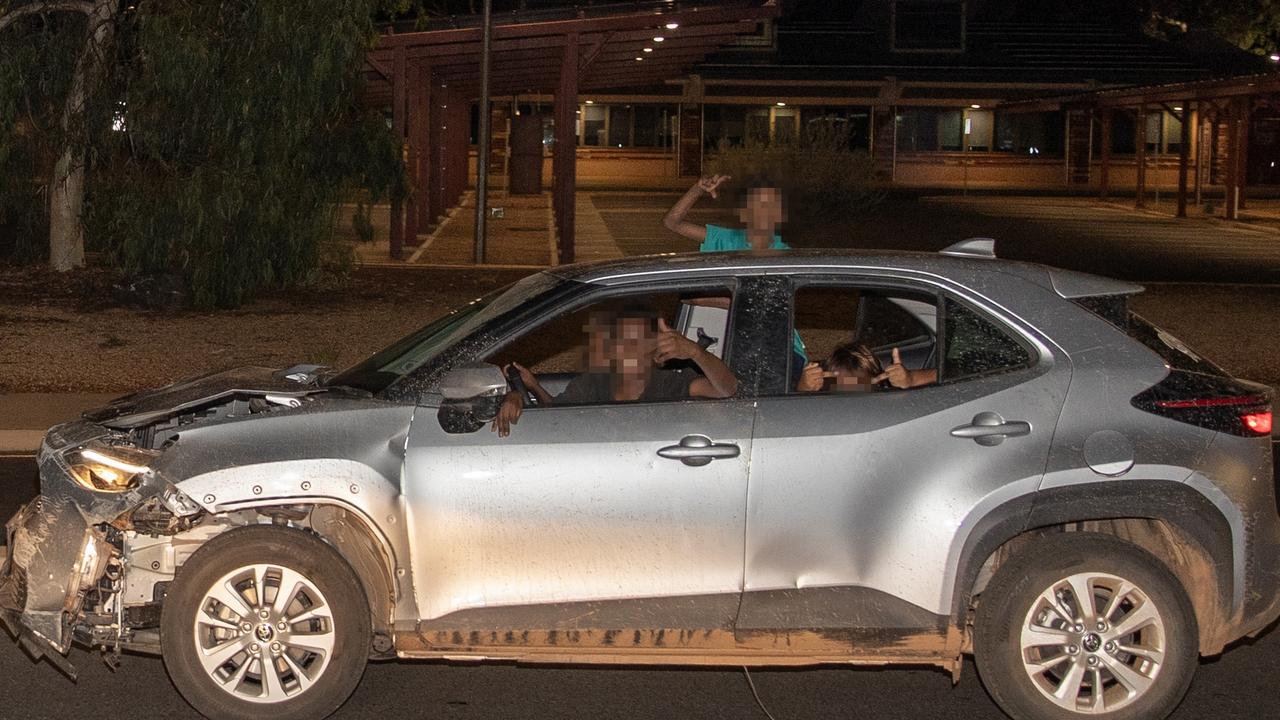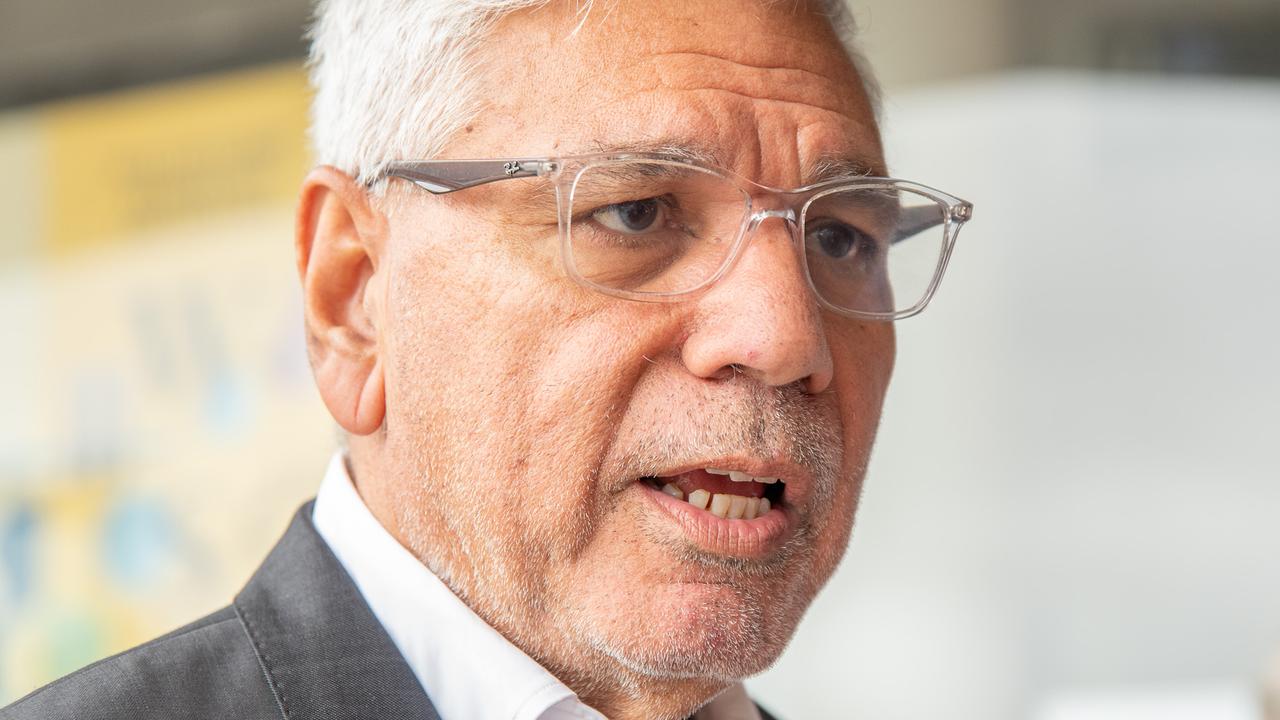‘Eat-healthy’ firm Outback Stores pockets tobacco rebate
A government-backed remote retailer established to promote healthy eating has been earning hundreds of thousands of dollars for selling tobacco.

A government-backed remote retailer established to promote healthy eating has been earning hundreds of thousands of dollars annually through incentives for selling tobacco products.
The company, Outback Stores, has collected at least $20m in rebates across its inventory since 2008. A rebate is an inducement to use a particular supplier or order or promote a type of product; it is usually paid by agreement and can affect pricing and competition.
When OBS appeared before the indigenous affairs standing committee looking at food security and pricing in remote communities, chief financial officer Jayveer Rathore said his firm followed industry-standard practices and rebate revenue was reinvested in the business.
He said OBS’s rebate income averaged about 2.4c a dollar of sales, so accepting the incentives did not dramatically inflate consumer prices.
OBS is involved in Federal Court action related to rebates and its eviction last year from a community it previously served.
In correspondence with The Australian, former Australian Competition & Consumer Commission investigator Steve Smith accused OBS of misleading the inquiry committee. Mr Smith now heads Aboriginal Investment Group, an arm of the Northern Land Council, and has been campaigning to expose allegedly unethical OBS practices.
“We believe rebates disadvantage the most vulnerable because rebated items have a higher shelf price than unrebated items,” he said. “AIG argues rebates contribute to failed targets for Closing the Gap because high prices make buying quality, healthy food (which is always going to be more expensive than junk food) less attractive.”
Mr Smith said AIG could demonstrate that OBS received rebates ranging from 1.5 per cent to 25 per cent of wholesale prices, with tobacco the most lucrative.
He cited a 900g tin of baby formula that sold for $33.70 at Balgo store in Western Australia when OBS was in charge but dropped to $24 after AIG took over.
Mr Smith attributed the price difference to AIG not accepting rebates, adding that OBS ought to be cheaper due to economies of scale.
“Rebates are a two-tier problem,” he said.
“One is you limit your supplier base so you can’t negotiate the best price; and the other is the compound effect of the rebate.”
Balgo’s Wirrimanu Community Store Aboriginal Corporation is a party to the federal court action.
OBS chief executive Michael Borg said in a statement that his firm charged low management fees and “worked tirelessly on reducing store pricing … Claims made specifically on rebate range, annual rebate income for 2020 and tobacco rebate income are incorrect.”
He subsequently clarified by phone that an estimated $750,000 in annual OBS tobacco rebates was overstated by at least half.
Indigenous affairs standing committee chairman Julian Leeser said it was too early to remark on specific allegations but he had sought information from OBS regarding rebates and pricing.
The Australian on Wednesday revealed a statutory arm of the Queensland government with stores in the Torres Strait allegedly made locals pay up to five times supermarket prices for staples.
“We wouldn’t be having this inquiry if people thought those prices were reasonable,” Mr Leeser said. “The fact is this isn’t confined to one place — it’s in a whole range of different places. What we are trying to do is work out how and why people are charging those prices because they’re clearly not reasonable.”
Ian Copeland, chief executive of Community Enterprise Queensland, earned $424,000 in 2018–19, according to financial reports. Three other executives each received more than $200,000.
Federal agency OBS was founded in 2006 to address market failures that led to an undersupply of healthy produce in remote indigenous communities.





